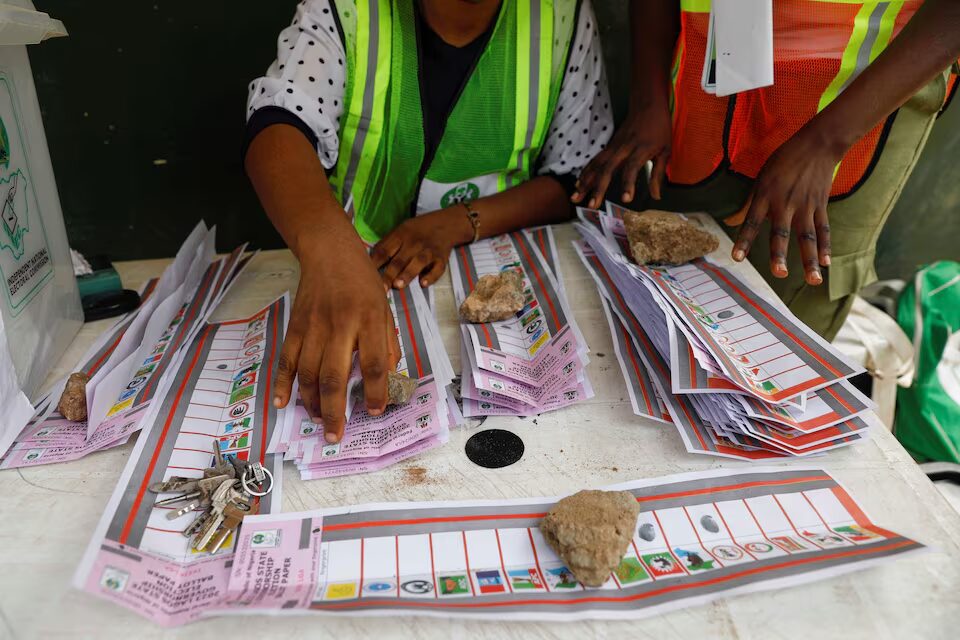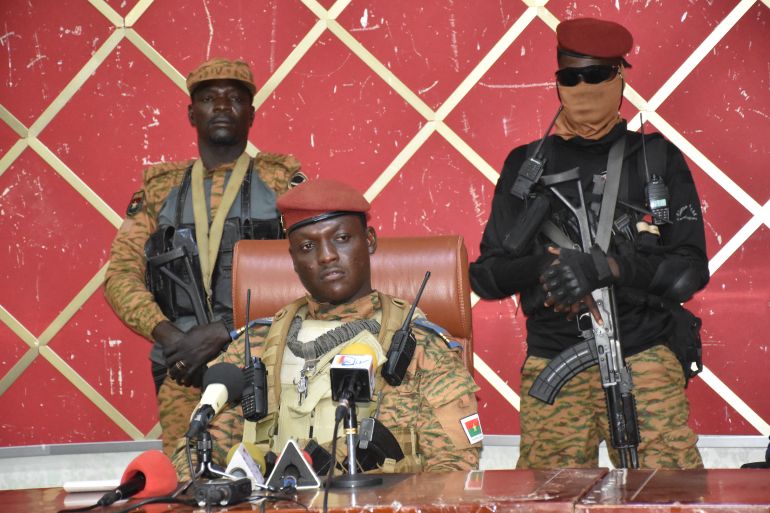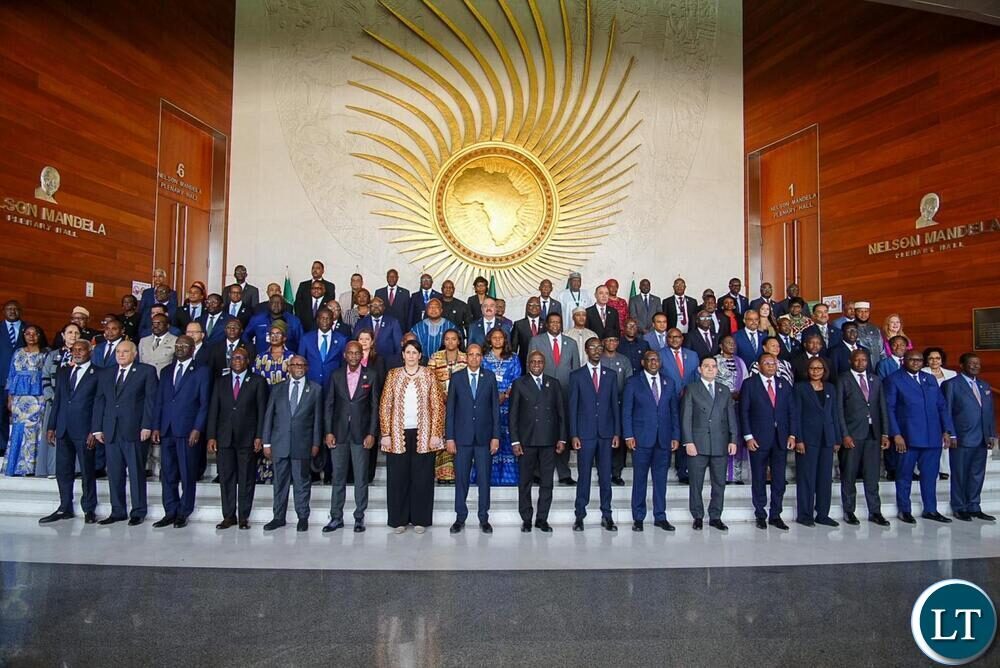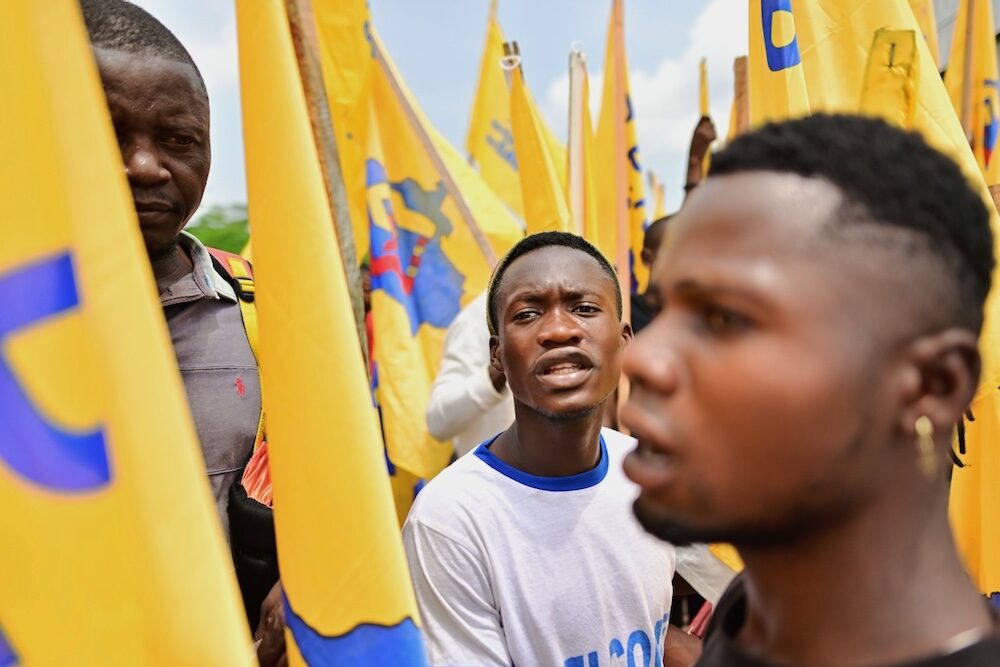
Monday, 18th August 2025

Par inAfrika Reporter
When Ouagadougou declared the UN’s resident coordinator persona non grata today, it was not merely a diplomatic slap; it was a statement about who gets to author the narrative of a country at war. The immediate trigger was a UN report alleging grave violations against children in Burkina Faso’s conflict with jihadist groups. The government accused the UN of bypassing it, publishing “baseless” claims and ignoring national investigative channels. The UN, invoking privileges and immunities, expressed regret and insisted it would continue supporting Burkinabè communities. Underneath the exchange sits a brutal ledger: the Sahel’s decade-long insurgency has turned classrooms into targets, villages into ambush zones and childhood into a rationed commodity.
The expulsion lands in a region where states have militarized politics to survive. Since 2020, coups and counter-coups have redrawn authority in Mali, Burkina Faso and Niger. Each has tightened its media space and demanded more say over international reporting standards. In Burkina Faso, where volunteer militias fight alongside the army, the government argues that “context” is missing from international critiques. Humanitarian agencies counter that context should never eclipse children—killed, abducted or recruited—in any conflict calculus. That is not a disagreement over data; it is a fight over moral primacy.
The practical fallout is immediate. Coordination on access, deconfliction, and protection hinges on trust between government and UN teams. Remove the senior conduit and field missions absorb the shock: travel approvals slow, joint assessments stall, and communities in hard-hit provinces—Soum, Oudalan, Sanmatenga—see fewer convoys. Donors will ask whether to reroute funds through NGOs, but many NGOs depend on UN logistics in the first place. It’s a vicious circle: the worse the security, the more sterile the data; the thinner the data, the bigger the political fights over it.
If the goal was to silence the report, the effect may be the opposite. Expulsions create headlines, attract scrutiny and harden positions. For Burkina Faso’s children, the metric that matters is not diplomatic posture but whether schools reopen, clinics function and recruitment pipelines are severed. On that score, the government and its critics share an obligation: to make the politics of narrative give way to the practice of protection.


